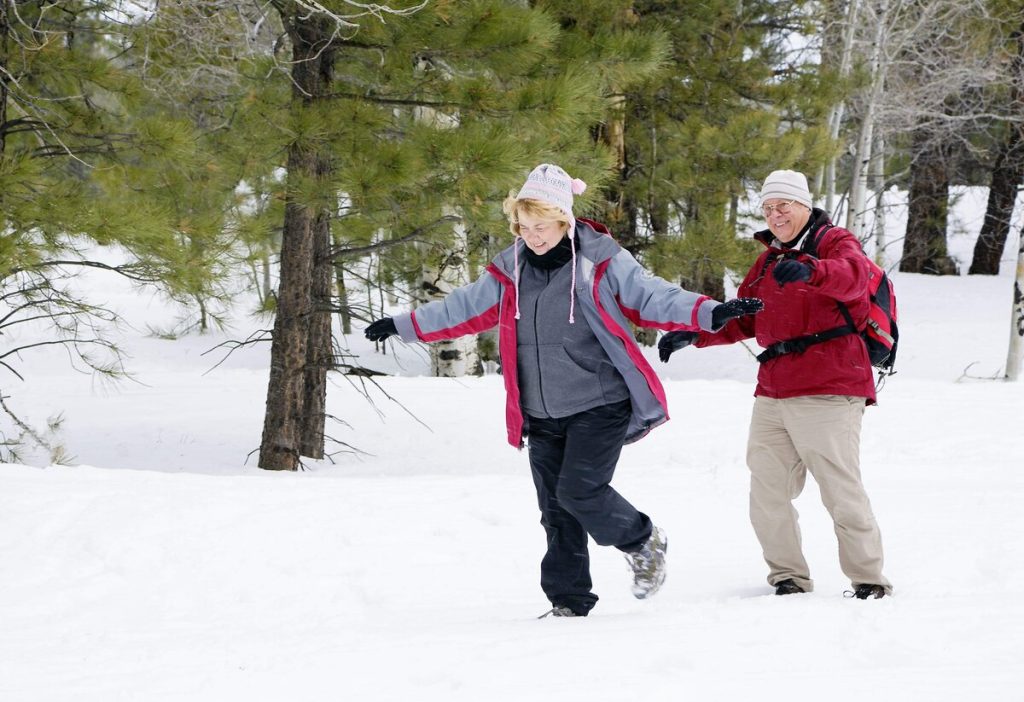Severe weather can be unpredictable and dangerous, making preparation essential, especially as we grow older. Whether it’s a thunderstorm, hurricane, blizzard, or heatwave, staying safe requires planning and awareness. For seniors in their 60s, taking steps to prepare for such events can make all the difference in protecting yourself and your loved ones.
Understand the Types of Severe Weather in Your Area
Different regions experience different types of extreme weather. If you live in a coastal area, hurricanes might be your primary concern. For those in colder climates, heavy snowstorms and freezing temperatures are more likely. Knowing what to expect allows you to prepare appropriately and reduce risks. Keep an eye on local weather reports and familiarize yourself with the seasons when severe weather is most common in your area.
Prepare a Weather Emergency Kit
One of the best ways to stay safe during severe weather is to have an emergency kit ready. This kit should include essential items such as bottled water, non-perishable food, medications, flashlights, extra batteries, a first-aid kit, and important documents. Consider keeping a battery-operated radio to stay informed about weather updates in case of power outages.
If you rely on medical equipment that needs electricity, like oxygen machines, it’s important to have a backup power source or an alternative plan. Talk to your healthcare provider about options for maintaining your health and safety during power disruptions.
Stay Connected with Loved Ones and Neighbors
Maintaining communication is crucial during severe weather events. Share your plans with family members, friends, or neighbors so they know where you’ll be and how to reach you. If you live alone, consider setting up a system where someone checks in on you regularly during storms or other emergencies.
Having a fully charged phone before severe weather hits is vital. You may also want to invest in a portable phone charger to ensure you stay connected if the power goes out. Keep important phone numbers written down in case your phone becomes inaccessible.
Pay Attention to Weather Alerts and Warnings
Modern technology makes it easier than ever to stay informed about changing weather conditions. Many smartphones have built-in emergency alert systems, and there are apps specifically designed to provide weather updates. Signing up for local alert systems can also ensure you receive critical information directly.
Listen carefully to instructions from local authorities. If they recommend evacuation, follow their guidance promptly. Evacuating early can prevent you from being trapped in unsafe conditions.
Protect Your Home from Severe Weather
Your home is your sanctuary, so taking steps to protect it is essential. Ensure your windows and doors are secure, and consider installing storm shutters if you live in an area prone to hurricanes. Keep your gutters clear of debris to prevent flooding during heavy rain.
If you have outdoor furniture or equipment, bring them inside or secure them to avoid damage or injury caused by high winds. For cold weather, insulate pipes and seal any drafts to keep your home warm and safe during winter storms.
Know Where to Shelter
Knowing where to take shelter during severe weather can save your life. In the case of tornadoes, seek a small, windowless interior room on the lowest level of your home. For hurricanes, identify a safe room or location away from windows and exterior walls. If flooding is a risk, move to higher ground or a second story.
During extreme heat, stay indoors in a cool, air-conditioned space. If you don’t have air conditioning, spend time in public places like libraries, community centers, or shopping malls.
Dress Appropriately for the Weather
Your clothing can play a significant role in keeping you safe during severe weather. In cold conditions, dress in layers to retain warmth and prevent hypothermia. Wear a hat, gloves, and waterproof boots to protect against the elements.
During heatwaves, wear loose-fitting, light-colored clothing to stay cool. Protect your skin from the sun by wearing a wide-brimmed hat and sunscreen. Staying hydrated is also critical during hot weather to avoid heat-related illnesses.
Stay Calm During Emergencies
Staying calm during severe weather is important for making clear decisions. Panicking can lead to mistakes that put you at greater risk. Take deep breaths and focus on following your emergency plan.
If you’ve prepared in advance, remind yourself that you’ve taken the necessary steps to stay safe. Trust in your preparation and the support of those around you.
Recover Safely After the Weather Passes
Once the severe weather has passed, it’s important to proceed cautiously. Avoid walking or driving through flooded areas, as they can be dangerous. Check your home for damage and report any issues to local authorities or your insurance company.
If the power is out, avoid using candles for light to reduce the risk of fire. Instead, use flashlights or battery-powered lanterns. Be wary of spoiled food in the refrigerator if the power has been out for an extended period.
Conclusion
Severe weather can be challenging, but with proper preparation and a calm approach, you can stay safe and protected. Understanding the risks in your area, creating an emergency kit, and staying connected with loved ones are crucial steps. Taking measures to safeguard your home and knowing where to shelter during emergencies further ensures your safety.
Remember that your well-being is the priority. By planning ahead and staying informed, you can face severe weather with confidence. Whether it’s a storm, heatwave, or blizzard, being proactive will help you navigate these situations and keep you safe in your 60s and beyond.


